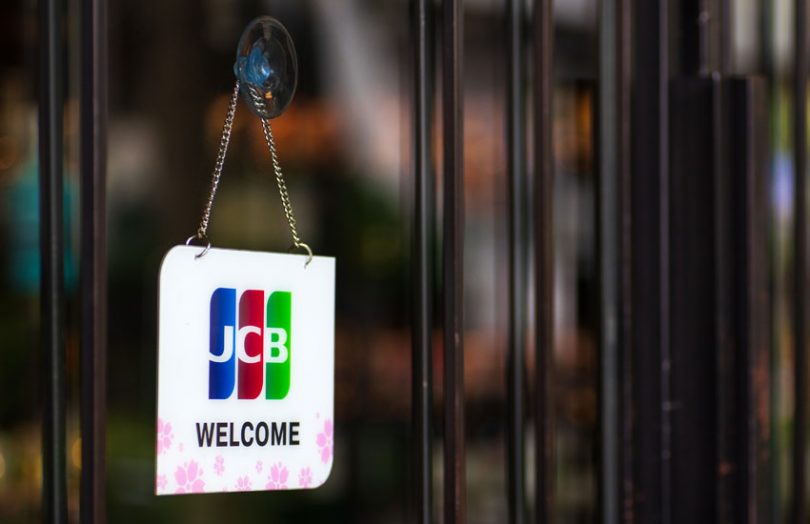Last year Japanese card payments network JCB collaborated with identity firm IDEMIA and Malaysia’s Soft Space to launch the JCB Digital Currency pilot (JCBDC). The first phase demonstrated connectivity between existing card and payment infrastructures and a potential central bank digital currency (CBDC). Hence, current point of sale solutions don’t need adaptation. Now the companies are entering the second phase, exploring offline CBDC functionality.
There are two aspects to the pilot. One is enabling mobile wallets to transfer CBDC between them without wifi, by using near field communications (NFC) – tapping phones.
A different scenario assumes that people hold CBDC on a stored value payment card, like a prepaid debit card. In an offline environment they can touch their card against someone’s mobile phone using NFC to transfer funds. In the reverse scenario, someone with a card can receive CBDC by touching their card to a mobile phone.
Regarding the partners, IDEMIA is one of the leading providers of offline CBDC solutions. And Soft Space has a Tap on Mobile SoftPOS solution for point of sale contactless payments.
“We are convinced that allowing the public to transfer funds offline either with their contactless card or with their mobile phone will give them a great flexibility of choice,” said Romain Zanolo, IDEMIA Managing Director APAC Payment Services.
Last year IDEMIA partnered with Bitt and won the G20 TechSprint in the financial inclusion category using IDEMIA’s offline wallet. In India, it’s participating in a project to enable offline CBDC using feature phones.
Meanwhile, JCB has collaborated with numerous partners exploring blockchain and digital currencies. For example, it partnered with Datachain to explore blockchain interoperability. Datachain is backed by MUFG and partnered with MUFG’s Progmat Coin platform to support stablecoins across different blockchains.






